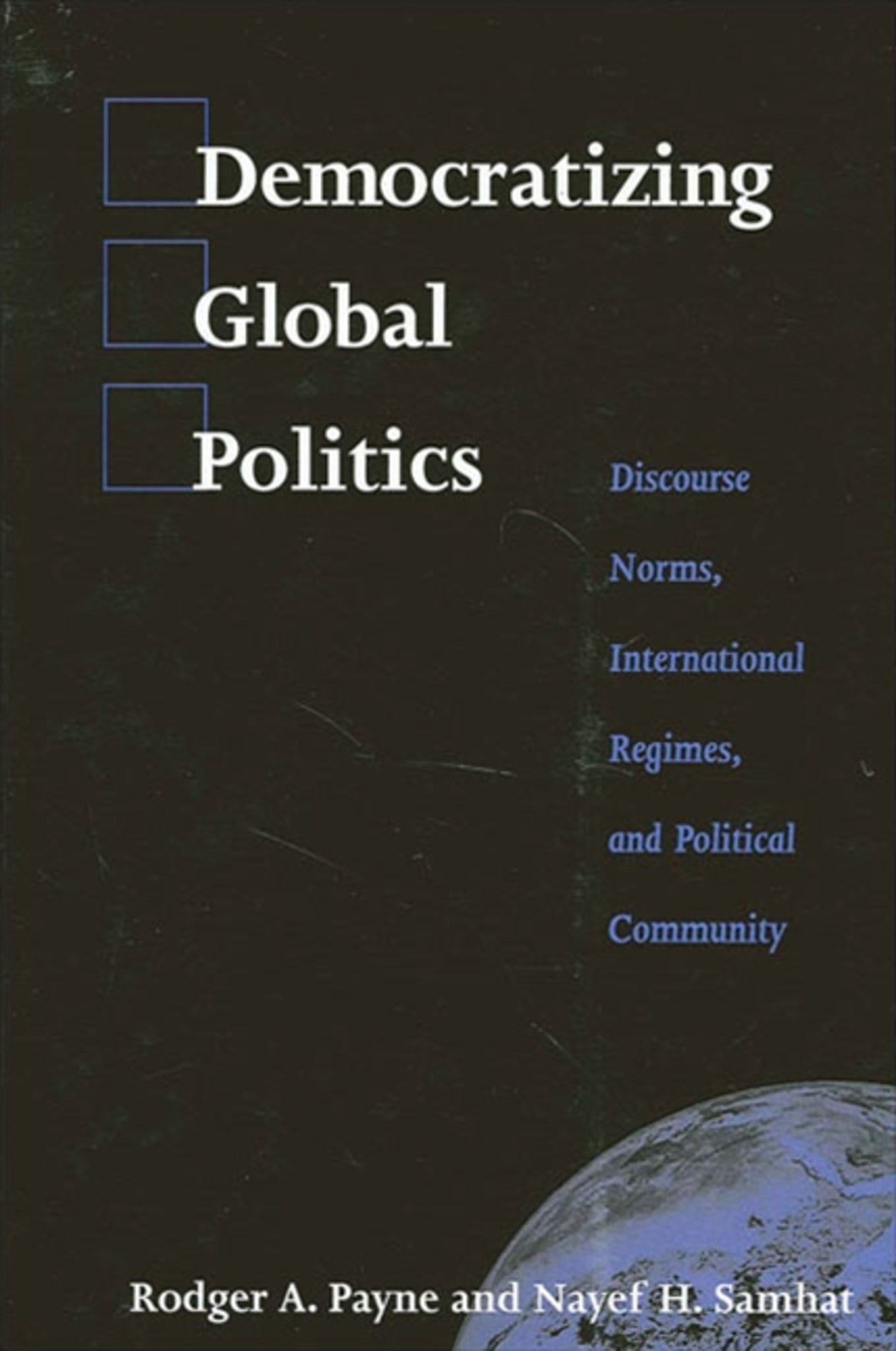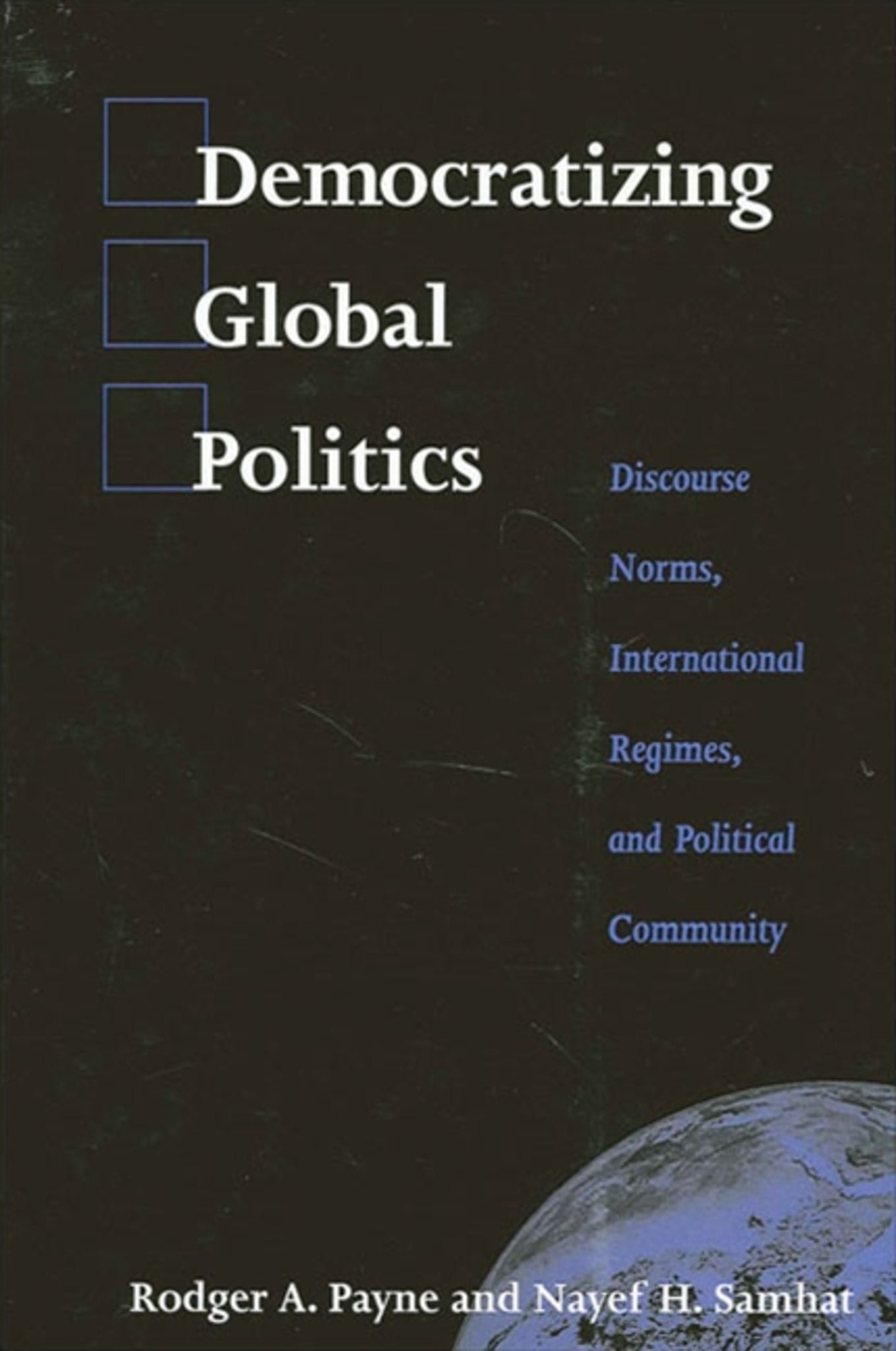We're sorry. An error has occurred
Please cancel or retry.
Democratizing Global Politics

Some error occured while loading the Quick View. Please close the Quick View and try reloading the page.
Couldn't load pickup availability
- Format:
-
11 March 2004

Argues that international institutions are becoming increasingly democratized.
Historically, international institutions have been secretive and not particularly democratic. They have typically excluded almost all interested parties except the representatives of the most powerful nations. Because of this "deficit of democracy" international organizations and regimes have found themselves the target of protest movements and lobbying campaigns. Democratizing Global Politics finds that, in response to this mounting legitimacy crisis, international organizations and regimes are beginning to embrace new norms of participation and transparency, opening the decision-making process to additional political and social actors and creating opportunities for meaningful external scrutiny. Two case studies examine the construction of such "discourse norms" in the Global Environmental Facility and the World Trade Organization. The authors conclude that these normative changes not only legitimize international institutions-they also promote the development of political community on a global scale.


Acknowledgments
Introduction
1. Critical Theory, Habermas, and International Relations
2. International Regimes and Political Community
3. Participation and Transparency Norms
4. The Democratization of the Global Environment Facility
5. The Democratization of the World Trade Organization
6. Conclusions
Notes
Bibliography
List of Books in Series
Index



